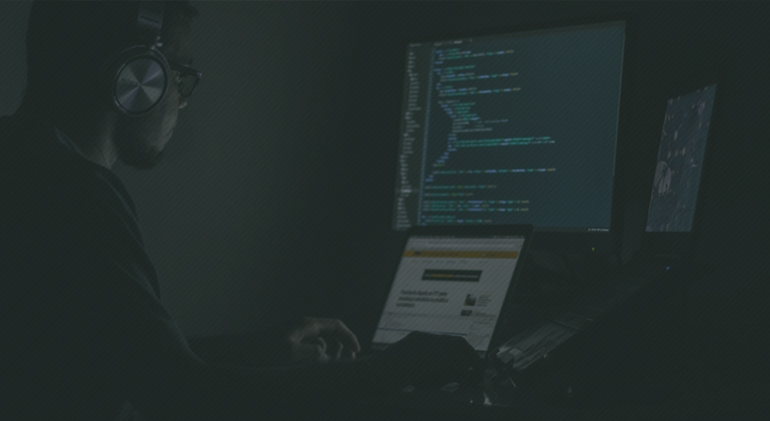

Against this background, it should be taken into consideration that there are two main types of modifications, customizations, adaptations, adjustments and other changes to the software as a copyrighted work:
It depends on the specific circumstances of the case whether certain software changes will be perceived as substantial, or as mere adjustments (or other minor changes), and any clear indication as to which specific alteration will fall into which of the two categories, is still missing.
For this reason, we will briefly touch upon the relationship between IT companies and developers in the domain of the aforementioned software changes, with the primary aim to present legal possibilities of IT companies to freely change/alter (widely interpreted, including all changes) the software made by their employees or external programmers.
When it comes to substantial changes, that is, changes that affect the very core of the software, it should be emphasized that the right to make such changes or to allow third parties to make such changes, is an absolute moral copyright of the programmer, as its author. In other words, such changes can only be made by the programmer himself, or by a specific party authorized by the programmer to make such changes. This further means that the IT company can make substantial changes to the software only if it was granted approval to do so by its employed or externally engaged programmer. Nevertheless, it is important to note that, even if the IT company has obtained such an approval from the developer, the subject approval does not encompass the power of the IT company to further allow substantial software changes to third parties – IT company’s clients. This stems from the fact that the author is the one solely authorized to allow changes to his copyrighted work to a third party. As a result, IT companies’ clients could not independently conduct any alterations to the delivered software at their own discretion, or engage a third party to do so, but for the subject changes, said clients should be obliged to engage the IT company that delivered the software to conduct such changes. This legal situation is certainly in favor of IT companies, since, if there is a need for substantial alterations of the software, clients will have to refer to those companies and will not be able to hire a third party, such as a competing IT company, to make changes, or make said changes themselves.
Exceptionally, substantial changes to the software can be made in absence of the approval by the author of the software, provided that the particular alteration is necessary for the use of the software in accordance with the technical documentation and/or usual business practice. However, in this regard, one should be very cautious, given that there are no clear standards as to when this exception is applied, while in the event of a dispute, courts often stand by the author if the rights are not clearly defined.
On the other hand, in case of adjustments, adaptations and other minor changes to the software that do not affect the core thereof, the right to make such alterations is included in material copyrights. It follows, in case of employed developers (especially if the employment relationship is regulated in the manner described in our previous piece (link)), the IT company would not have any obstacles to independently perform such changes to the software or allow its clients to perform the subject changes without the approval of the developer, as its author. Likewise, in case of externally engaged programmers, if all material copyrights are, pursuant to the agreement concluded with external programmers, exclusively transferred to the IT company, the company and its clients are able to independently perform all necessary modifications that fall under this (minor) scope of alterations.
Therefore, depending on their nature, changes to the software can also be made by IT companies and their clients, provided that IT companies previously settled their rights with their employees and/or external programmers in a manner that would authorize them to make such changes. Hence, bearing in mind the demands of IT companies’ businesses, we deem useful for those companies to unambiguously define their rights related to software changes, under either employment agreement (with employed developers), or agreements on purchase of the software (with external programmers), in order to avoid the situation in which these companies (and their clients) couldn’t alter the software at their own discretion. In addition, and in any event, when it comes to changes to the software that affect its very core, IT company’s clients are obliged to resort to the IT company that delivered the particular software for performance of such alterations, while the IT company is the one to secure the right to perform such alterations for the needs of its clients, by obtaining an approval from the developer – most conveniently under employment agreements or agreements with external programmers.